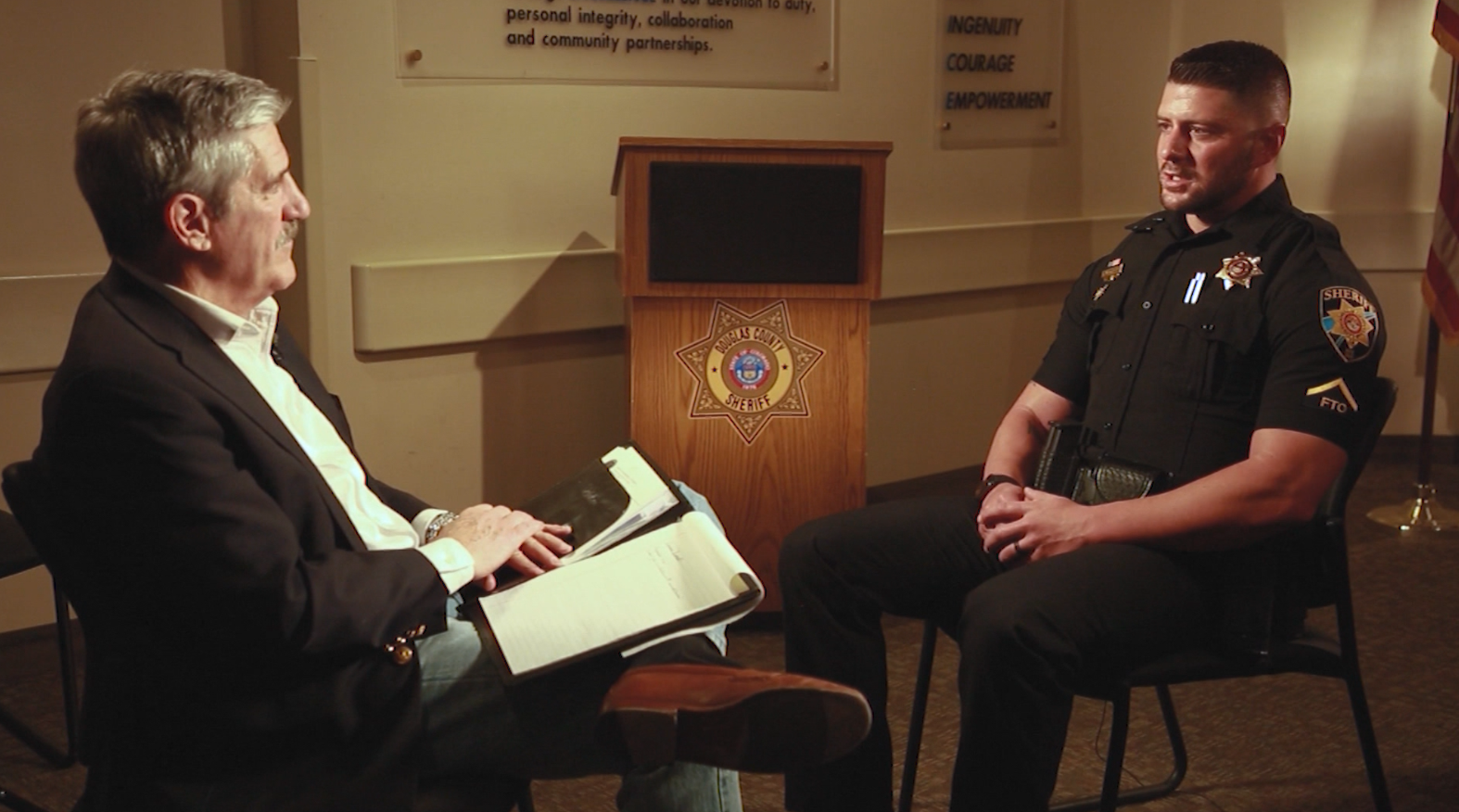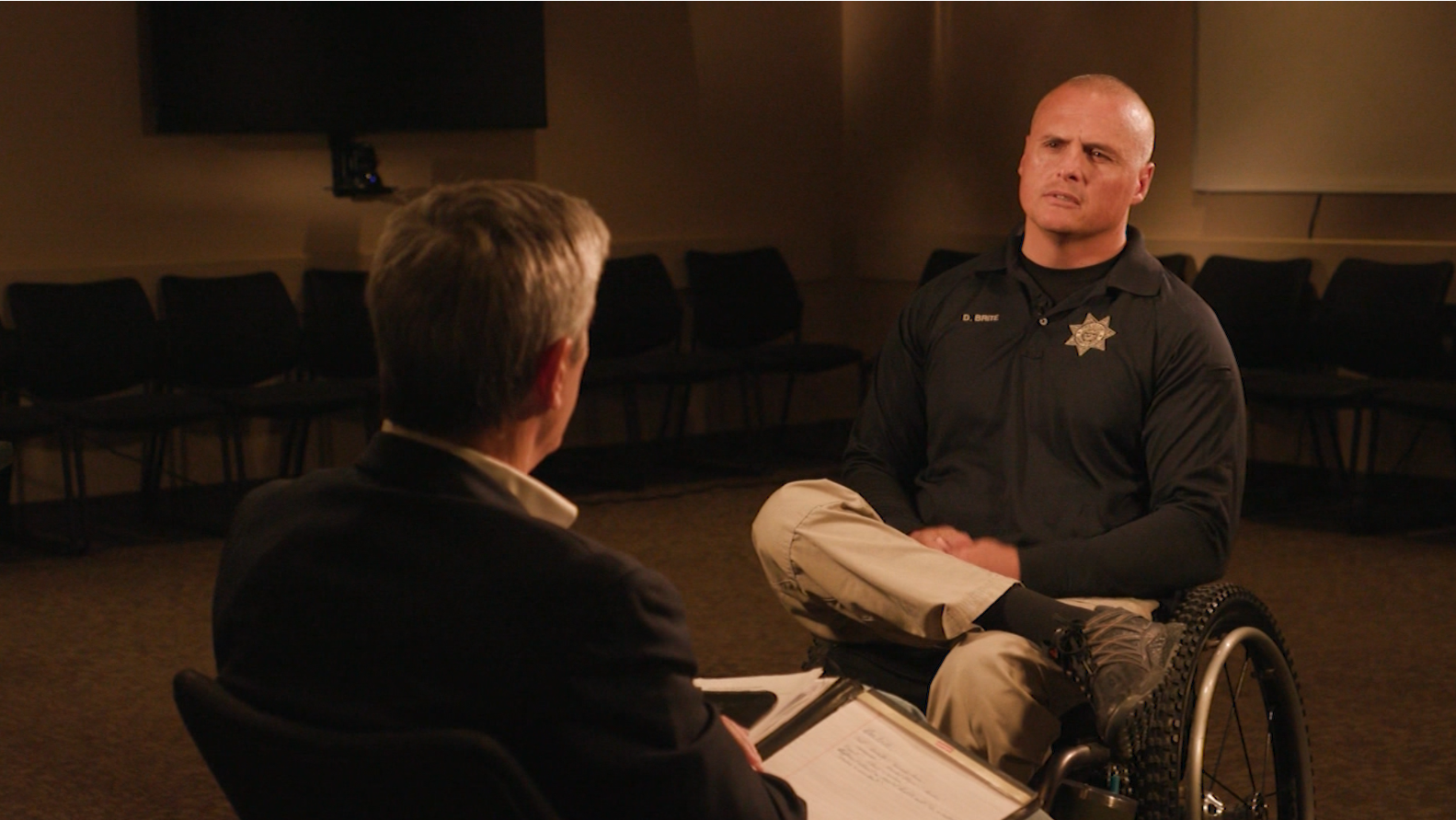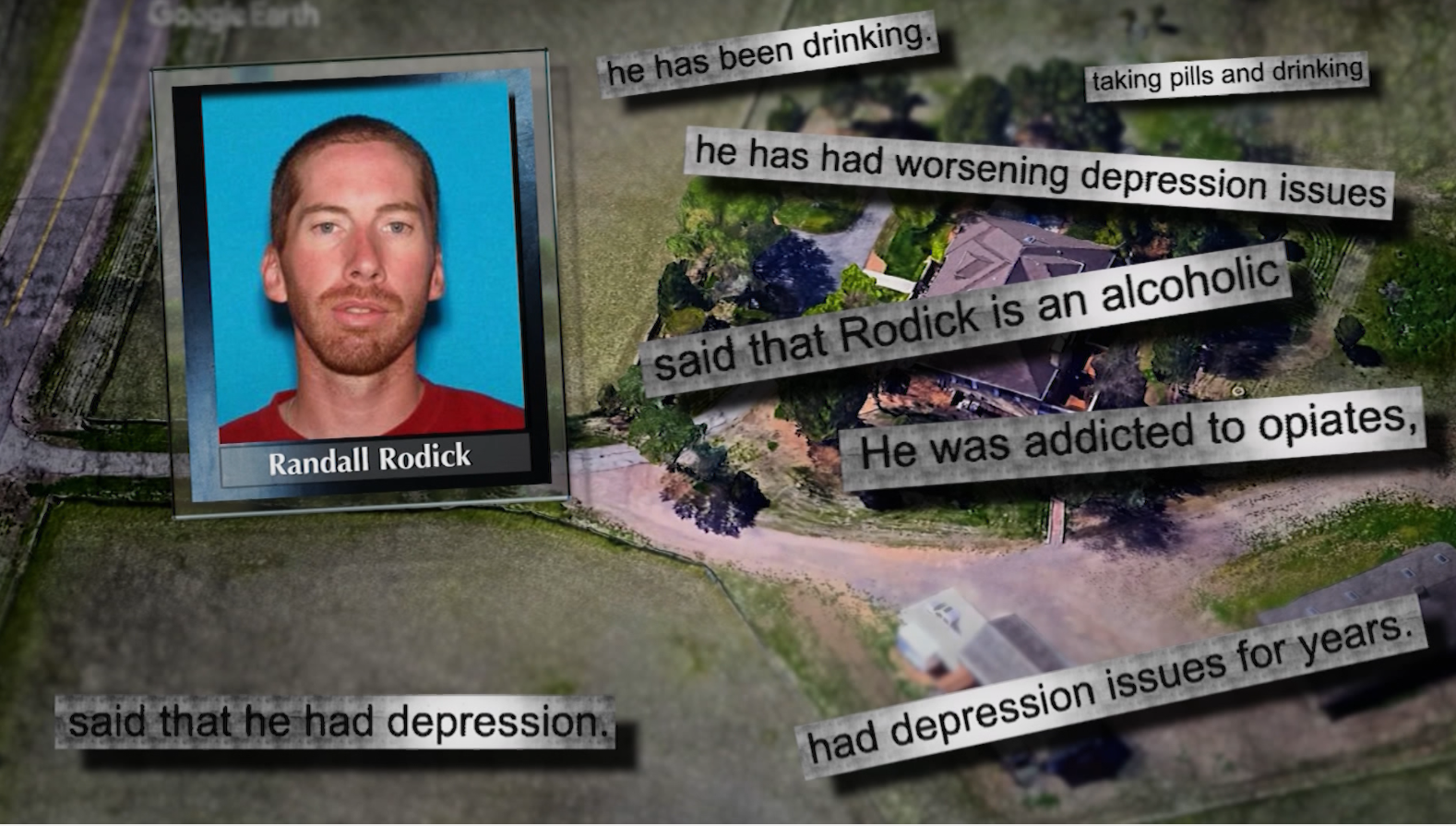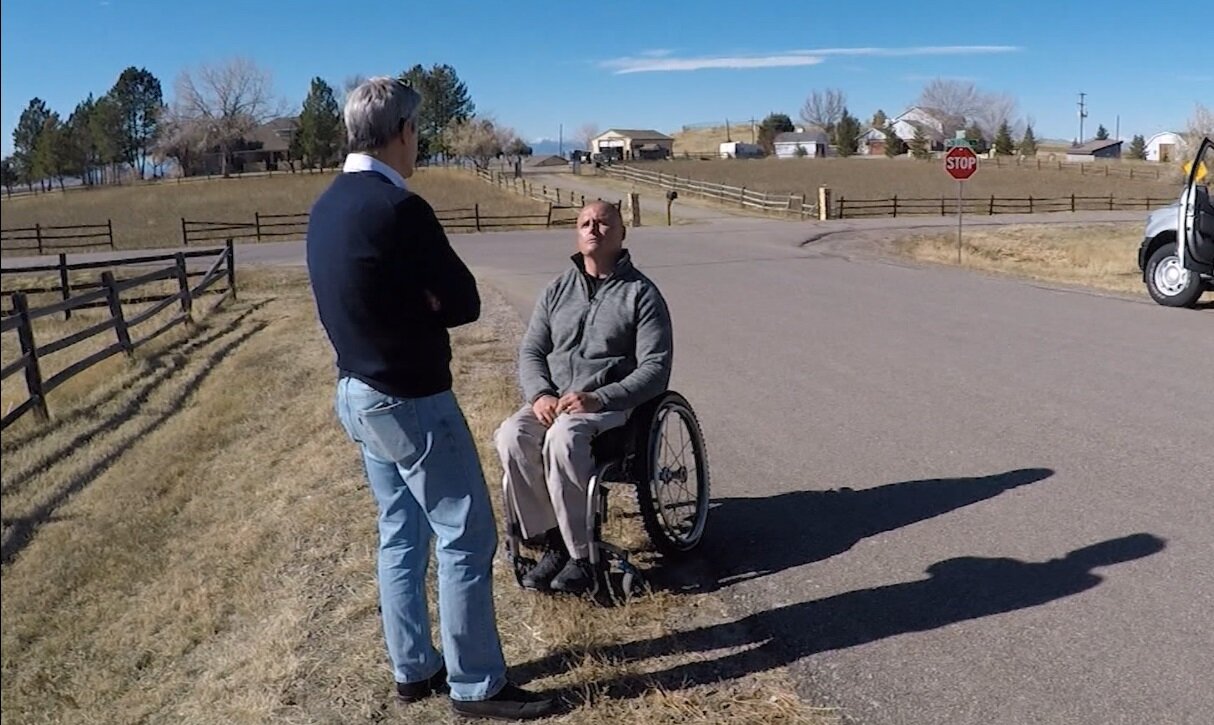Colorado deputies involved in shootings with mentally ill gunmen ask whether incidents could have been prevented

Douglas County Sheriff’s Deputy Ronnie Dorrell has fired his weapon only two times in his career in the line of duty -- both times to end an active shooting incident involving a gunman having a mental health crisis.
In both incidents, Douglas County deputies were hit by the gunfire. Detective Dan Brite was badly injured in the first shooting and Deputy Zack Parrish was killed in the second. And Deputy Dorrell wonders if more mental health treatment resources could have prevented both tragedies.
“We have responded so many times to suicidal parties and people with mental health disorders that law enforcement is synonymous with mental health now,” said Deputy Dorrell. “I wish there was a better alternative. I wish there were better avenues for people that are dealing with mental health issues.”
“We are often the last line of defense in trying to get them the help they need,” said Detective Dan Brite.
Both men agreed to interviews with the Rocky Mountain PBS “Insight with John Ferrugia” team as part of a year-long investigation into how the state’s lack of access to mental health treatment often leave police and jails on the front lines of handling people in crisis.
Both Brite and Dorrell know well the implications when law enforcement carry the load for responding to mental health emergencies.
On September 2, 2016, deputies responded to the home of Randall Rodick after his wife reported he was suicidal, had access to guns, and may have wanted to get into a shootout with police.
When Detective Brite arrived, Rodick opened fire and shot him. Detective Brite survived his critical injuries and is now paralyzed.
After shooting Brite, Rodick drove his RV toward a nearby hospital and fired his weapon again. A police report indicates several bullets struck the hospital.
Dorrell, then an officer with the Parker Police Department, drove in pursuit of Rodick and discovered he had crashed his RV. Dorrell parked his vehicle and ran toward the RV, taking cover behind a parked car and firing a single shot that hit Rodick in the head, killing him.
According to a Parker PD report about the incident, Rodick’s family told investigators he had previously attempted “suicide by cop” and had been held five times on mental health holds prior to the incident. Family members told investigators he battled depression and addiction. They said he did not have good health care and felt he could not afford treatment.
Brite returned to the scene of the shooting for the first time with Insight correspondent John Ferrugia.
“It's just a really weird feeling just knowing that this was the last place where I was healthy and and I was able to walk and I was able to carry on my life,” Brite said. “That kind of puts the focus on what has been lost.”
Despite his life-changing injuries, Brite said he does not blame Rodick for what he did. He blames his untreated behavioral health disorders.
“I think there could've been more provided to him to become healthy,” Brite said.
“You think about what ifs ... could this person have been helped prior, and this incident never occurred? This one incident affected the lives of so many,” Dorrell said.
Dan Brite is now the wellness coordinator at the Douglas County Sheriff’s Department where he helps other officers deal with the stress of the job.
Another man in crisis puts deputies in the crossfire
About 15 months after Detective Brite was shot, sheriff’s deputies again found themselves in the crossfire of a heavily-armed man with untreated mental illness.
On December 31, 2017, Matthew Riehl opened fire on Deputy Zack Parrish as he and other deputies attempted to take him into custody on a mental health hold.
Parrish was killed and several other deputies were wounded.
Riehl continued to fire every time he saw law enforcement come into view on the cameras he had set up outside his apartment. He fired hundreds of times, even injuring neighbors with stray bullets.
Dorrell said he was the first SWAT officer to enter the apartment as Riehl continued to fire round after round. The SWAT team had two goals: to rescue Parrish and to stop the ongoing gunfire.
“I knew there was a chance that I'd be killed … I absolutely thought I was going to be shot,” Dorrell said. “I could feel bullets passing my face. I could taste the drywall that was in the air from all the rounds that were being shot.”
For the second time in his career, Dorrell opened fire on an active shooter, killing Riehl.
The district attorney ruled Dorrell's actions in both incidents were justified. Dorrell said he continues to deal with the traumatic memories of the incident, especially seeing Parrish on the floor of the apartment after he was shot and realizing he was beyond help.
“That image … I can see it clear as day right now sitting here. It's something I don't wish on anybody. It's something that I think causes a lot of trauma,” Dorrell said.
Dorrell now works for the Douglas County Sheriff’s Office and said he continues to respond to mental health calls several times on every shift. He said he hopes Coloradans can have more access to care in the future so these kinds of mental health emergencies don’t lead to more tragedy.
“I don't want people to have to lose their lives because their mental health disorder overtook them,” Dorrell said. “[And] I don’t want what happened to Zack to happen to anybody else.”
If you need mental health services, contact Colorado Crisis Services for confidential support: 844-493-TALK (8255) or text “TALK” to 38255.



